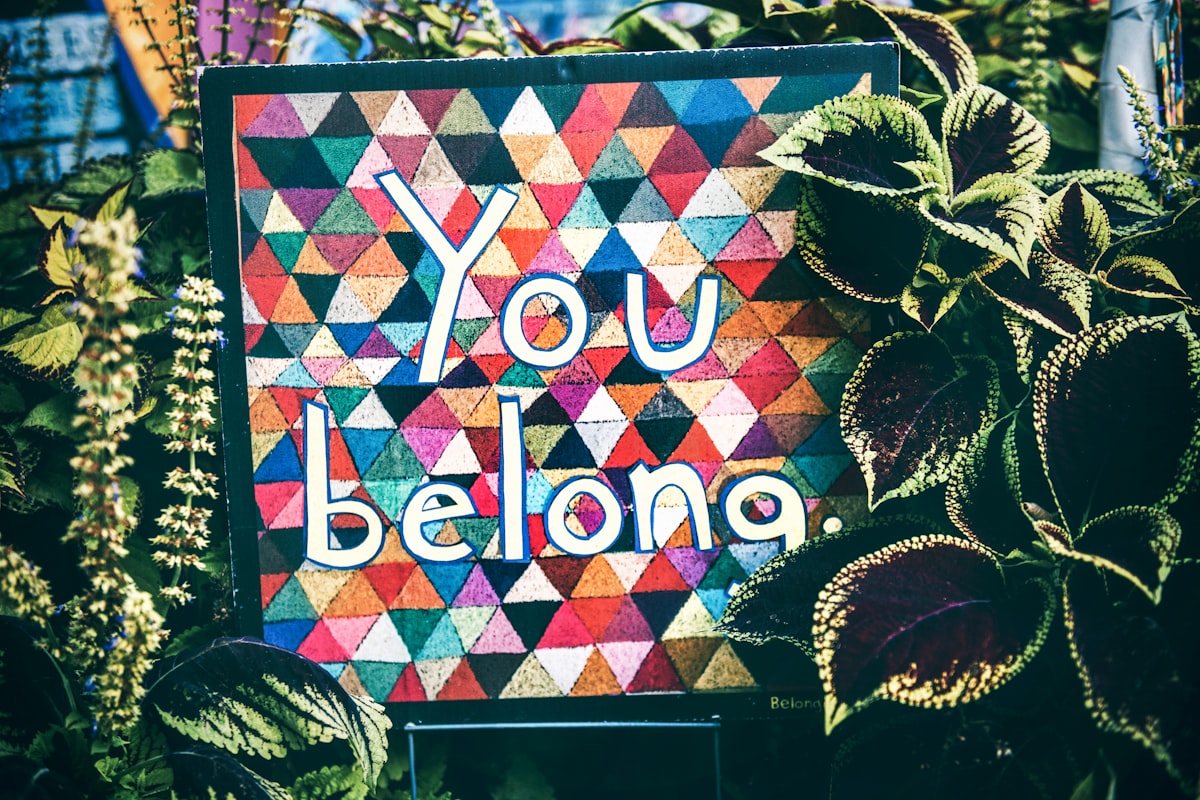Over the past few years, "Diversity, Equity, and Inclusion" (DEI) have become ubiquitous in workplace culture. Organizations of all sizes have adopted DEI strategies, making significant efforts to address systemic inequalities, promote a more diverse workforce, and create a more inclusive environment. Despite the advancements, however, criticisms have arisen that DEI initiatives do not go far enough in addressing the deeper, underlying issues of well-being and belonging. While the concepts of DEI are vital, they may not be sufficient to create the desired change. It's time for a shift in the conversation from focusing solely on DEI to encompassing well-being and belonging as critical components of true inclusivity.
Well-being: More Than Physical Health
Well-being is an optimal and dynamic state that fosters equity, justice, safety, and overall health. It is essential to recognize that well-being is not just about physical health but involves three interdependent types of well-being: individual, interpersonal, and community. These categories offer a holistic view of human experience and encompass multiple aspects of life.
- Individual well-being considers goals, aspirations, human rights, needs, and relationships with the community. It involves personal growth, equitable access to resources, and active engagement within the community.
- Interpersonal well-being involves healthy relationships among individuals, creating support networks and communities. It's about mutual respect, understanding, and empathy.
- Community well-being emerges from shared understanding and interconnectedness. It focuses on the common good, shared values, and collective engagement.
Well-being is a shared responsibility that requires the entire institution to create an environment that fosters individual and collective well-being.
Belonging: A Fundamental Human Need
Belonging is a fundamental human need. It's a sense of being supported, understood, and valued by a larger community. This sense of belonging contributes to a person's self-worth, self-esteem, and emotional well-being. It is closely connected to well-being, as individuals who feel they belong are more likely to experience positive emotions, have a greater sense of purpose, and be more resilient.
Belonging is also about seeing the humanity in those different from us and recognizing that the same elements within them exist within us. It's a recognition of the shared human experience, despite the differences. Healing from not belonging is crucial for leaders to form transformative relationships and create a sense of community.
Why Well-being and Belonging Better Encapsulate DEI
In light of criticisms against DEI initiatives, well-being and belonging better encapsulate the desired goals of inclusivity. Rather than focusing solely on diversity in demographics, well-being encourages a broader view of individual, interpersonal, and community health. Belonging addresses inclusion's emotional, psychological, and social aspects, focusing on building supportive and connected communities.
By shifting the focus to well-being and belonging, organizations can foster an environment that truly promotes equity, justice, and inclusivity. This change can help create a more empathetic, compassionate, and connected workplace culture where individuals can thrive and contribute to the collective well-being.
Organizations must incorporate well-being and belonging as critical components of their DEI strategies. By doing so, they can address the deeper, underlying issues of inclusivity and create a more positive, nurturing, and supportive work environment for all.
Further Exploration
"Four Pivots" by Shawn Ginwright - A book that describes the need for transformation in how we think about and work toward justice and equity. The book offers insights into the role of belonging in healing and fostering transformative relationships.
"The War for Kindness: Building Empathy in a Fractured World" by Jamil Zaki - A book that delves into the science and practice of empathy, offering insights into how empathy can help foster a sense of belonging and well-being in individuals and communities.
"The Culture Code: The Secrets of Highly Successful Groups" by Daniel Coyle - A book that explores the secrets of highly successful groups and the role of belonging, safety, and shared purpose in creating a strong organizational culture.

A report that outlines the critical role of well-being in the modern workplace, highlighting the impact of well-being on employee engagement, productivity, and overall organizational success.

An article that provides research-based insights into effective strategies for promoting diversity, equity, and inclusion in the workplace, including the importance of fostering a sense of belonging.








